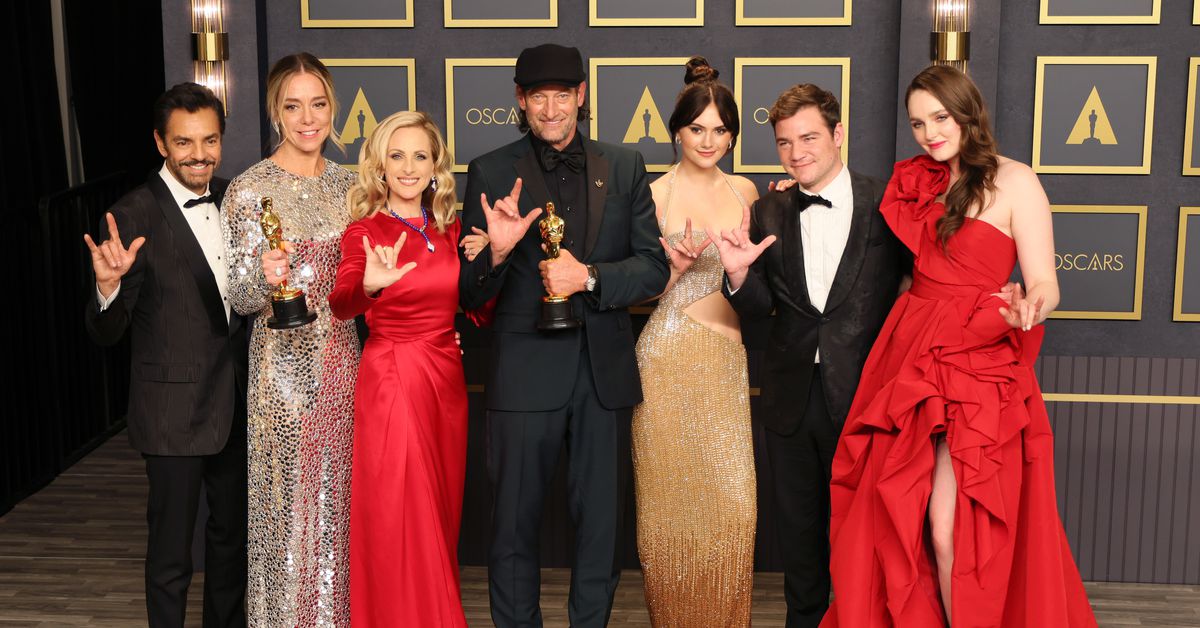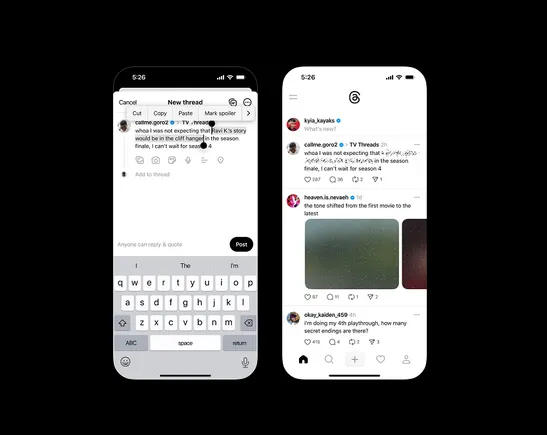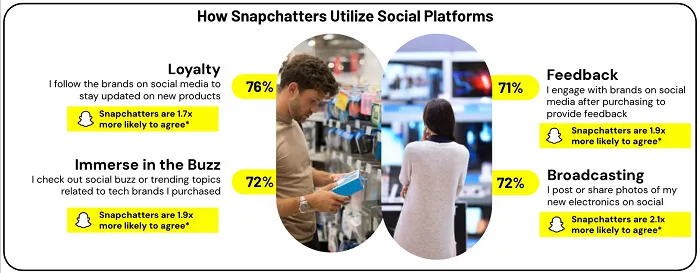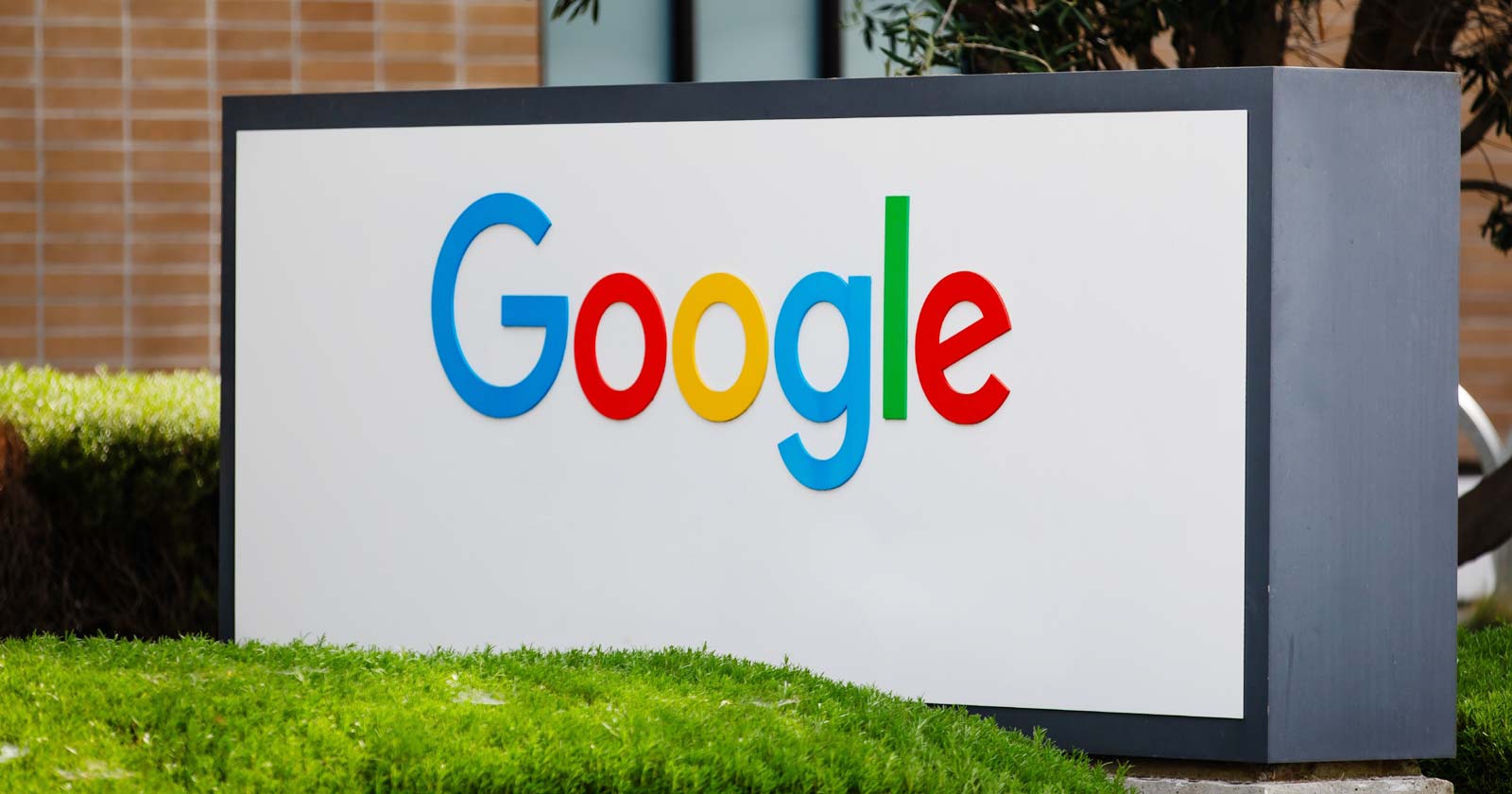Apple TV Plus is first streaming service to win Best Picture at the Oscars
Coda’s stars after winning big at the awards. | Photo by David Livingston/Getty ImagesCODA has become the first film from a streaming service to win Best Picture at the Oscars, in a sign of the growing dominance of streamers...

CODA has become the first film from a streaming service to win Best Picture at the Oscars, in a sign of the growing dominance of streamers like Apple, Netflix, and Amazon at Hollywood’s most prestigious awards ceremony. The Apple TV Plus film follows the struggles of Ruby Rossi (Emilia Jones), the only hearing member in a deaf family, as she tries to explore a life away from her family. Apple acquired the rights to CODA for $25 million in a bidding war after its premiere at the Sundance Film Festival last year.
As well as winning Best Picture, CODA’s Troy Kotsur won Best Supporting Actor for his role in the film, and its writer-director Siân Heder also took away the award for Best Adapted Screenplay. Kotsur is the first Deaf actor to have won an acting Oscar since 1986, when his CODA co-star Marlee Matlin won Best Actress for her role in Children of a Lesser God, Variety notes.
Streaming services have seen films nominated for Best Picture several times before, but until now none have managed to take away the coveted top prize. Amazon was the first when it secured a Best Picture nomination for Manchester by the Sea in 2017, although it lost out to Moonlight on the night itself.
Netflix has also seen several of its films nominated for Best Picture, including Roma, The Irishman, Marriage Story, Mank, The Trial of the Chicago 7, as well as Don’t Look Up and The Power of the Dog this year. It picked up the most nominations for this year’s Academy Awards, 27 in total, but only won in the Best Director category for Jane Campion’s The Power of the Dog.
According to Variety, Apple reportedly spent over $10 million on its Oscars campaign for CODA, which is more than its entire production budget. CEO Tim Cook welcomed the news on Twitter, calling it a “profoundly beautiful movie” which “celebrates our differences.”

 AbJimroe
AbJimroe 
































